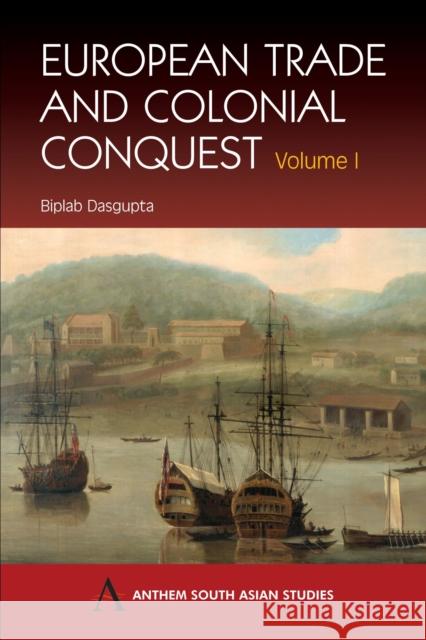European Trade and Colonial Conquest: Volume 1 » książka
European Trade and Colonial Conquest: Volume 1
ISBN-13: 9781843310280 / Angielski / Twarda / 2005 / 406 str.
This first of three volumes focuses on the evolution of Bengal's economy and society over the entire pre-colonial period beginning from pre-historic days. There is no documented, authentic history of Bengal. Indeed, more of the early history of India can be learned from the writings of other nationals. Yet even this material is very much related to chronologies of regimes and local to urban settlements and centres of trade. There remains little or no information on the villages where the vast majority lived and still live. Furthermore, until this work, little or no consideration has been given to the hugely influential period between Vasco de Gama's journey to India in 1498 and the battle of Palashi in 1757, a period in which the Mughal Empire held political power while the English, Dutch, French and Danes and other European nations grasped and held on to economic power. Much has been written on the Mughal Empire, but little of the role of the European trading companies in the two and a half centuries preceding Clive's victory. This book addresses that void and seeks also to explore the political, social and historical context in Bengal that facilitated the transfer of power into European hands. Given such a lack of source information, the author examines oral history, carried from generation to generation, recognizing their fallibility, but using those histories to corroborate what is known from other sources - from archaeological findings (coins, inscriptions, copper plates) through (invariably biased or localized) accounts from travellers, to economic, agricultural and ecological factors - relating them to known chronological events to provide a well-rounded history and, indeed, a study that uncovers the roots of the many issues in the colonial and post-colonial eras.











